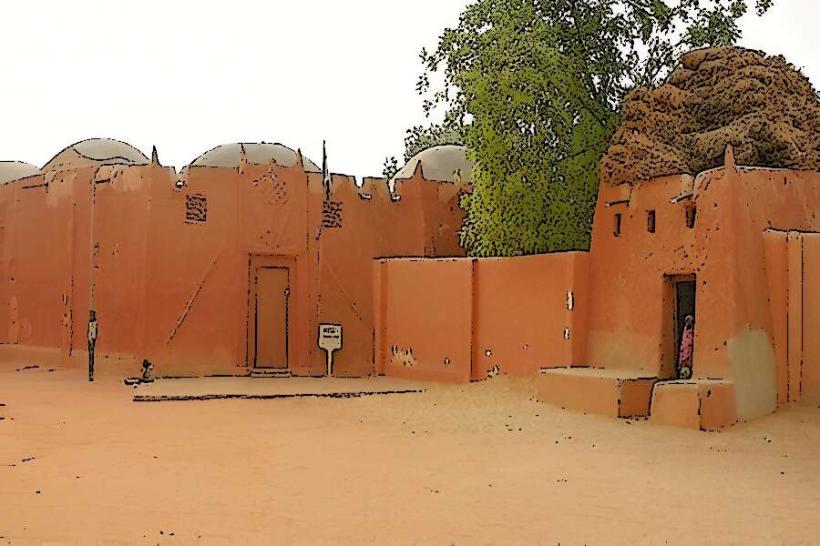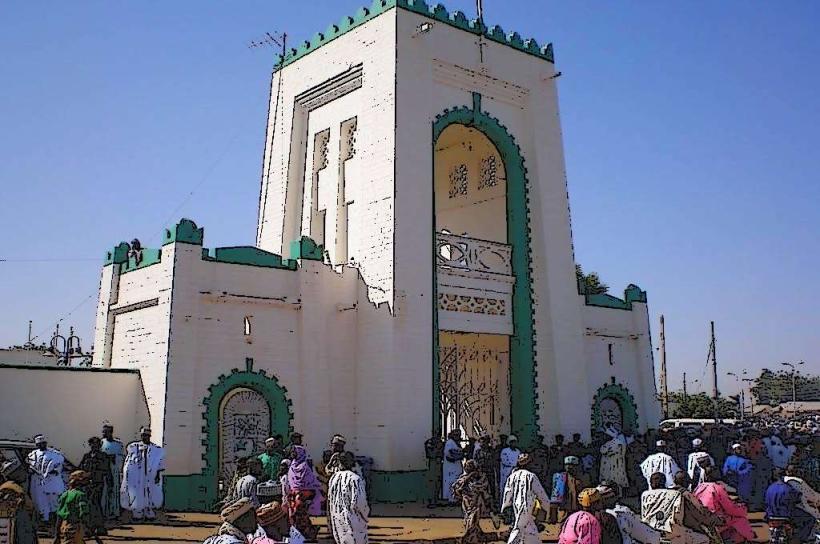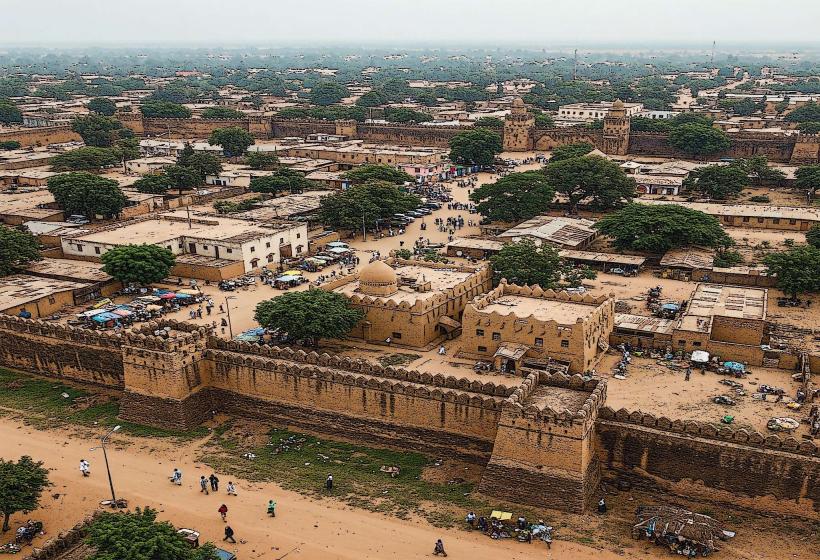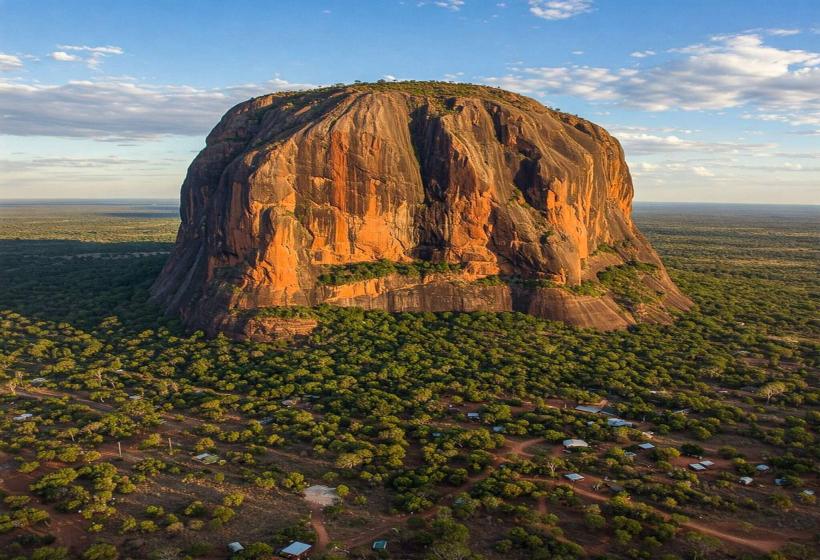Information
Landmark: Kanta MuseumCity: Sokoto
Country: Nigeria
Continent: Africa
Kanta Museum, Sokoto, Nigeria, Africa
Kanta Museum, located in Argungu, Kebbi State, Nigeria, is one of the most important historical museums in northern Nigeria. It preserves the heritage of the ancient Kebbi Kingdom, a powerful Hausa state in pre-colonial West Africa. The museum is housed in the old Emir’s palace, a structure rich in history and traditional Hausa architecture.
1. Historical Background
The museum is named after Muhammadu Kanta, the founder of the Kebbi Kingdom, who broke away from the Songhai Empire in 1515 and established an independent Hausa kingdom. The Kebbi Kingdom quickly became one of the most influential states in the region during the 16th and 17th centuries.
The building that houses the museum was constructed in 1831 by Emir Yakubu Nabame, the 22nd Emir of Kebbi, and served as the Emir’s palace until 1942, when a new palace was built. The old palace was converted into a museum in 1958 and named Kanta Museum to honor the kingdom’s founder.
2. Architecture
The museum is a fine example of traditional Hausa architecture:
Made of mud walls and thatched roofing supported by timber.
Designed with thick walls and small, arched windows for temperature control.
The structure has remained largely unchanged since the 19th century, preserving its historical integrity.
The palace is organized around open courtyards and interconnected rooms, with 11 exhibition compartments, each dedicated to different cultural, military, or royal themes.
3. Museum Exhibits and Collections
The Kanta Museum houses a rich and diverse collection of artifacts and relics from the Kebbi Kingdom and surrounding regions. Notable displays include:
Weapons and Military Gear:
Swords, spears, bows and arrows, quivers, and shields.
Locally made firearms, including muskets.
Battle armor and equipment used by the cavalry and foot soldiers.
Stone weapons used before the introduction of iron tools.
Royal and Religious Objects:
Thrones and royal regalia used by previous Emirs.
Amulets, charms, and talismans believed to offer spiritual protection.
Islamic manuscripts and prayer boards (alwa).
Musical Instruments and Cultural Artifacts:
Drums, flutes, and other traditional instruments.
Tools used for farming, blacksmithing, weaving, and leatherwork.
Examples of ceremonial attire worn by royalty and warriors.
These objects illustrate the military strength, spiritual beliefs, and craftsmanship of the Kebbi people over the centuries.
4. Cultural Significance
The museum is not just a display site-it’s a living cultural symbol of Kebbi’s legacy:
It is considered a sacred site, especially for the royal family.
The Emir of Argungu, currently Alhaji Samaila Mera, visits the museum every Friday after Jumu'ah prayers. During the visit, he sits on the old throne, reaffirming his spiritual and ancestral connection to past rulers.
The museum also serves as a royal burial site, where some of the former Emirs of Kebbi are interred.
5. Location and Visiting Information
Address: Near the central market in Argungu, Kebbi State, northwestern Nigeria.
Established: July 1, 1958.
Contact: Phone – +2348063818049; Email – [email protected].
Opening Hours: Typically open daily during standard business hours, though specific times may vary depending on local religious or ceremonial events.
The museum is a popular stop for tourists visiting during the famous Argungu Fishing Festival, held annually in the city. The festival celebrates traditional river fishing techniques and showcases local music, dance, and martial arts.
6. Importance Today
The Kanta Museum plays a vital role in:
Preserving the history of the Hausa and Fulani peoples of Kebbi.
Educating visitors about northern Nigerian traditions.
Promoting cultural tourism in Kebbi State.
It stands as a symbol of a once-mighty African kingdom and offers a deeply immersive experience into the pre-colonial and Islamic history of Nigeria.
Kanta Museum is not just a building-it is a cultural archive, a royal monument, and a touchstone for identity in the region. For anyone interested in Nigerian history, especially the legacy of the Hausa kingdoms, it is a must-visit destination.





